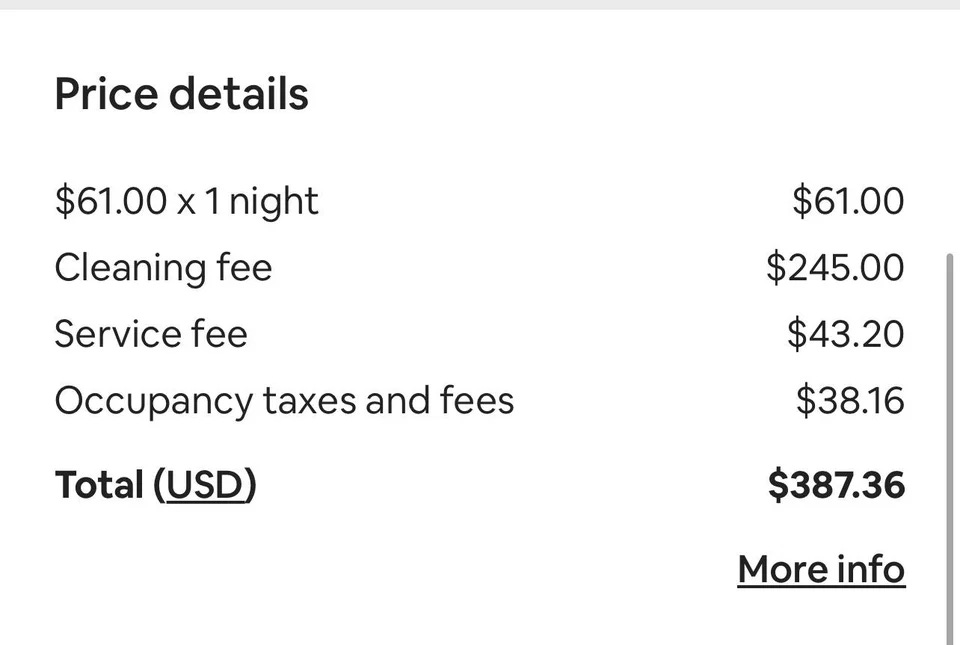For the President and others to publicly claim - with a straight face - that there was "zero inflation" last month is gaslighting at an extreme level, and insulting, and thoughtless, and I do not think it will go over well with non-ideologues.
By summer, Alexander Pope had developed a rather confused attitude to the prevailing speculation: He was torn between a desire for personal profit and a disgust at the sordid money grubbing of the nation.
The Fed is now hostage to the debt structure that, through its incentives of low rates and QE and mind-games, it has introduced into the economy, especially corporate debt.
This is what we’re dealing with:

June 8, 2022 was the peak (so far) of Fed Treasury holdings, at $5.771 TRillion. As of now, they've QT'd about $52 billion, a rounding error. Over that same timeframe in March-May 2020, the Fed monetized about $1.5 Trillion, a 59% bump.
Since Fed MBS holdings peaked at $2.74 TRillion in April (16 weeks ago), they've dropped by $22.633 Billion (less than 1%). In the 16 weeks from April 1, 2020 to July 22, 2020, the Fed BOUGHT $512.879 Billion in MBS, a 35% pop.
In 2009, from $0 (zero dollars) in Fed MBS holdings on Jan. 7, over the next 16 weeks (just for comparison) the Fed bought $366.153 Billion of MBS. The Fed's QT is a joke, and no one calls them out on it.
Meanwhile:
…when you look at the wealth disparity today, which by the way, in my opinion, the biggest accelerant of has been QE, it's not even debatable.
- Stan Druckenmiller in 2018 on Realvision
A related question I sometimes hear--which bears also on the relationship between monetary and fiscal policy, is this: By buying securities, are you "monetizing the debt"--printing money for the government to use--and will that inevitably lead to higher inflation? No, that's not what is happening, and that will not happen. Monetizing the debt means using money creation as a permanent source of financing for government spending. In contrast, we are acquiring Treasury securities on the open market and only on a temporary basis, with the goal of supporting the economic recovery through lower interest rates. At the appropriate time, the Federal Reserve will gradually sell these securities or let them mature, as needed, to return its balance sheet to a more normal size. - Ben Bernanke, 2012
And what was the national emergency that began on October 3, 2012 that made it necessary for the Fed to monetize an additional $915.54 Billion in MBS by Jan. 21, 2015?
No wonder housing prices went insane.
Another thing, perverse incentives. You do not want to be in a perverse incentive system that’s causing you to behave more and more foolishly or worse and worse - incentives are too powerful a control over human cognition or human behavior. If you’re in one, I don’t have a solution for you. You’ll have to figure it out for yourself, but it’s a significant problem.
Front-running the Central Banks: Investors swarm back to corporate bond ETFs
Decent summary of how ZIRP works (although the example of 5% rates with 3% inflation is amusing): Interest rates are important to Aspen-Snowmass market
Even though 70% of residential closings in the Aspen-Snowmass area don’t involve funding from traditional mortgage lenders, the funds used to buy these properties have to come from somewhere — such as the sale of equities, leveraging stock portfolios or cash on deposit that’s generating little if any returns. The funds used to buy homes in the Aspen-Snowmass area for the past two years were likely from sources generating little to no real return. The “real” return is the net rate of return after you deduct the inflation rate from the interest rate on an investment. For example, if a bond interest rate is 5% and the inflation rate is 3%, the real return on that bond is 2% (5%-3% = 2%). Real returns collapsed below zero after the coronavirus-induced crash of March 2020, sparking an unprecedented bull run in risk assets like tech stocks, Bitcoin and resort real estate. The lack of real return on other investments and the pandemic migration of people out of the urban areas likely combined to create the unprecedented demand for residential properties in resorts like Aspen-Snowmass over the past two years.
As the great Mike Shedlock notes, this chart hasn't been updated in a couple months, but it clearly shows yet another example of the disconnect between goofy Fed and BLS models, and real life.
I’m learning that many people really don’t like Airbnb:
"In the first quarter of 2022, investors made up a record 28 per cent of U.S. single-family home sales, according to a report published in June by the Harvard Joint Center for Housing Studies, compared to less than 20 per cent a year earlier."
Conspiracy Theorists 1, Jamie Dimon 0: The former head of the JPMorgan Chase & Co. precious-metals business and his top gold trader were convicted by a federal jury in Chicago on charges they manipulated markets for years
Yves here. As Hubert Horan has explained from the outset of his series on Uber, the gig worker company has an inherently higher cost structure than traditional taxi companies. Yet it’s managed to con investors and an uninquisitive financial press into believing that attaching an app to a taxi service somehow magically creates scale economies.
Uber’s pricing advantage was illusory, the product of enormous investor subsidies. We predicted that Uber would eventually have to raise prices to a higher level than traditional taxis to cover its operating costs and attempt to provide an adequate return on the massive funding of losses. That is starting to happen.
But as we also pointed out, taxi services have low barriers to entry. Expect Uber’s market share to erode as at least some riders reject the price gouging. Yet even at these higher fares, Uber is still losing money.
If we’d only had some warning that this debt was not safe…

‘More money has been lost reaching for yield than at the point of a gun.’ - Ray DeVoe
















It's truly sad that truth and integrity means very little in society today. People fight for their ideology similar to the maxim that everything is a struggle for political power with little regard to what may actually be the best course of action.
I enjoy your truth-telling. It's re-volutionary, in that we, and I say we, let this whole mess unwind when the Glass-Steagall Act was repealed and then all havoc broke. Ours is a time to reach back and reclaim that Act and reinstate it. It's to re-evolve. It's the only way forward, in my view. Your voice gives me hope and strength. Thank you!